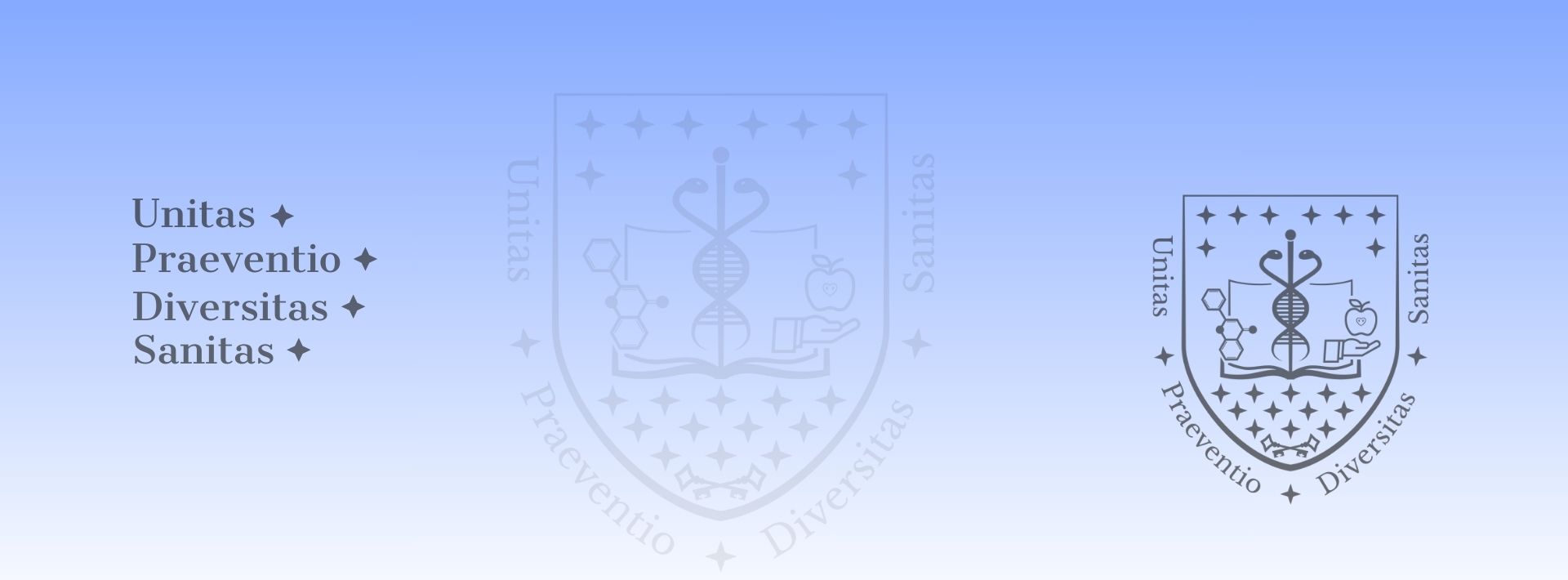Data
Official data in SubjectManager for the following academic year: 2024-2025
Course director
-
Kiss István Zoltán (Népeg)
professor,
Department of Public Health Medicine -
Number of hours/semester
lectures: 22 hours
practices: 0 hours
seminars: 2 hours
total of: 24 hours
Subject data
- Code of subject: OSF-HMB-T
- 2 kredit
- Dentistry
- Optional modul
- both
-
Course headcount limitations
min. 5 – max. 20
Topic
In the human body the number of microbial cells (even according to conservative estimations) is higher than the number of somatic human cells. This microbial ecosystem is distributed across several human organs - even in organs which some decades ago were thought to be sterile.
Recently several articles have been published on the interaction of the microbiome with several physiological/pathophysiological processes (immunity, inflammation, allergy, etc.), and its role in the development of several diseases (e.g. cardiovascular diseases, cancer, asthma, obesity, inflammatory bowel diseases...).
Besides discussing the above mentioned interactions, the course focuses on the role of the human microbiome in disease prevention/therapy. Pharmacological and non-pharmacological possibilities to influence the composition of our microbiome will be discussed, and some futuristic therapeutic approaches (stool transplantation) will also be reviewed.
Lectures
- 1. The human microbiome. Size, composition, main characteristics. - Kiss István Zoltán (Népeg)
- 2. The Human Microbiome Project. - Kiss István Zoltán (Népeg)
- 3. The gut microbiome. - Kiss István Zoltán (Népeg)
- 4. The skin microbiome. - Kiss István Zoltán (Népeg)
- 5. The oral microbiome. The vaginal microbiome. - Kiss István Zoltán (Népeg)
- 6. The microbiome of other organs (e.g. lungs, placenta, uterus, urinary tract). - Kiss István Zoltán (Népeg)
- 7. The role of microbiome in health and diseases. - Kiss István Zoltán (Népeg)
- 8. The role of microbiome in cardiovascular diseases. - Kiss István Zoltán (Népeg)
- 9. Microbiome and cancer I. - Kiss István Zoltán (Népeg)
- 10. Microbiome and cancer II. - Kiss István Zoltán (Népeg)
- 11. Microbiome and immunity. - Kiss István Zoltán (Népeg)
- 12. Microbiome and inflammation. - Kiss István Zoltán (Népeg)
- 13. Microbiome, allergy, atopia and related diseases. - Kiss István Zoltán (Népeg)
- 14. Microbiome and inflammatory bowel diseases. - Kiss István Zoltán (Népeg)
- 15. Microbiome and obesity. - Kiss István Zoltán (Népeg)
- 16. Microbiome and diabetes. - Kiss István Zoltán (Népeg)
- 17. How diet and nutrition affects our microbiome I.? - Kiss István Zoltán (Népeg)
- 18. How diet and nutrition affects our microbiome II.? - Kiss István Zoltán (Népeg)
- 19. Effects of lifestyle (physical activity, smoking, alcohol etc.) on the microbiome. Can we modify our microbiome? (I.) - Kiss István Zoltán (Népeg)
- 20. Effects of lifestyle (physical activity, smoking, alcohol etc.) on the microbiome. Can we modify our microbiome? (II.) - Kiss István Zoltán (Népeg)
- 21. Antibiotics, probiotics, prebiotics and our microbiome. - Kiss István Zoltán (Népeg)
- 22. Microbiome-related disease prevention strategies. - Kiss István Zoltán (Népeg)
Practices
Seminars
- 1. Microbiome-therapy, case studies I. - Kiss István Zoltán (Népeg)
- 2. Microbiome-therapy, case studies II. - Kiss István Zoltán (Népeg)
Reading material
Obligatory literature
Literature developed by the Department
The learning material will be uploaded to Neptun.
Notes
Recommended literature
Conditions for acceptance of the semester
-
Mid-term exams
Two written multiple choice tests during the semester.
Making up for missed classes
There are no make-up classes.
Exam topics/questions
There is no list of exam questions.
Examiners
Instructor / tutor of practices and seminars
- Kiss István Zoltán (Népeg)
